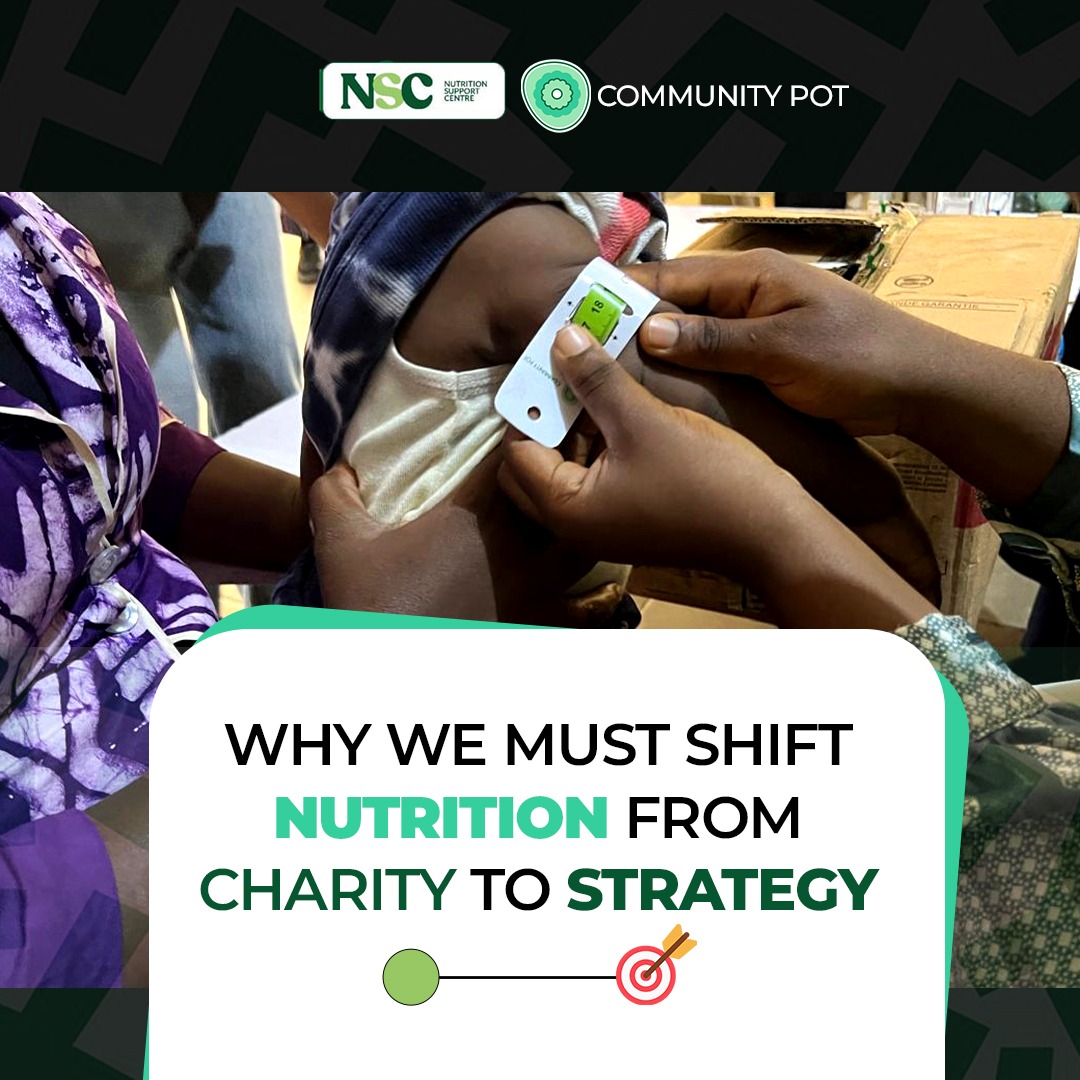2 million Nigerian children under five are acutely malnourished.
It costs between ₦60,000–₦75,000 to rehabilitate just one child.
Malnutrition is linked to 45% of under-five deaths.
And yet — for every $1 invested in nutrition, the return is $16.
So yes, it’s a crisis.
But it’s also an opportunity.
And often, the size of the problem is the size of the opportunity — if we stop looking at nutrition programming with
charity lens and start looking at it through a strategy lens.
What if we stopped treating nutrition like a donation box — and started designing for it like we do for logistics, margins, and market share?
What if food and FMCG companies started innovating not just for profit but for product access?
What if low-cost, nutrient-dense SKUs became part of the core strategy — not just CSR?
What if brands measured impact not only in impressions but in households nourished?
We’re already seeing proof that:
✅ Companies investing in affordable, nutrition-forward products are expanding rural markets.
✅ Brands aligning with nutrition are building deeper trust — not just awareness.
✅ Development partners are looking for businesses to co-lead solutions, not just donate.
This is the space we’re working in with the Nutrition Support Centre (NSC).
Not a food bank.
Not a handout.
But a distribution and education infrastructure that bridges intention and access — across public
and private lines.
Because nutrition isn’t just a moral issue — it’s a human capital issue.
And in Nigeria, where people are still spending, still eating, still hustling — the question is no longer “Will they buy?” It’s “What are we helping them access?”
So again, what if nutrition wasn’t an afterthought…but a front-row seat in national development planning, in product design rooms, and in marketing strategy?
Let’s stop calling it charity.
Let’s start building like it matters — because it does.
#NSC #CommunityPots #WholeEatsAfrica #NutritionEconomics #NigeriaDevelopment
#HumanCapital #PrivateSector #BusinessWithPurpose


Recent Comments